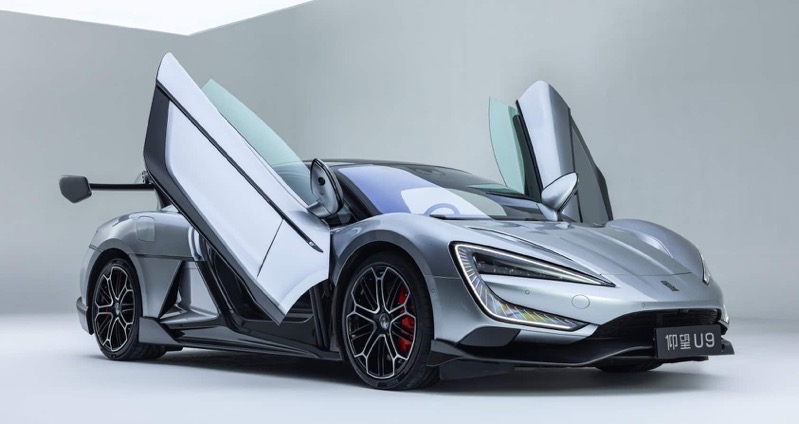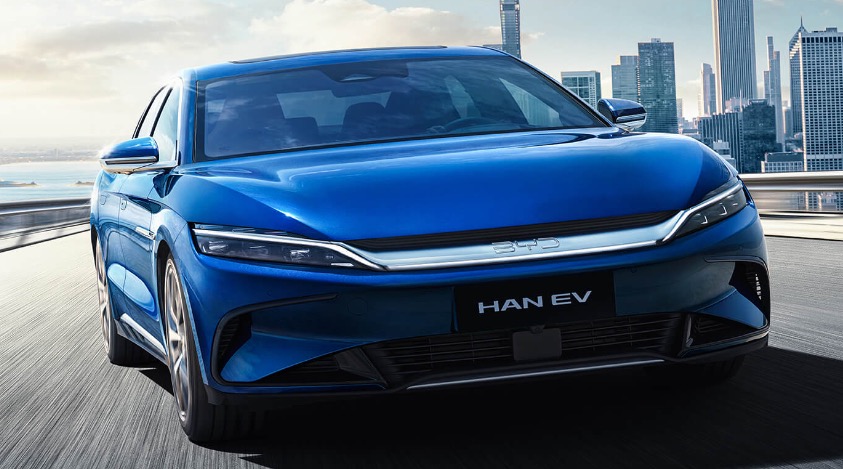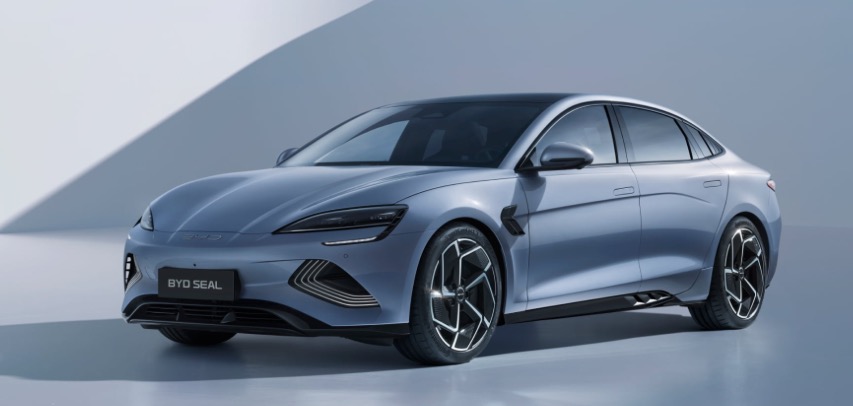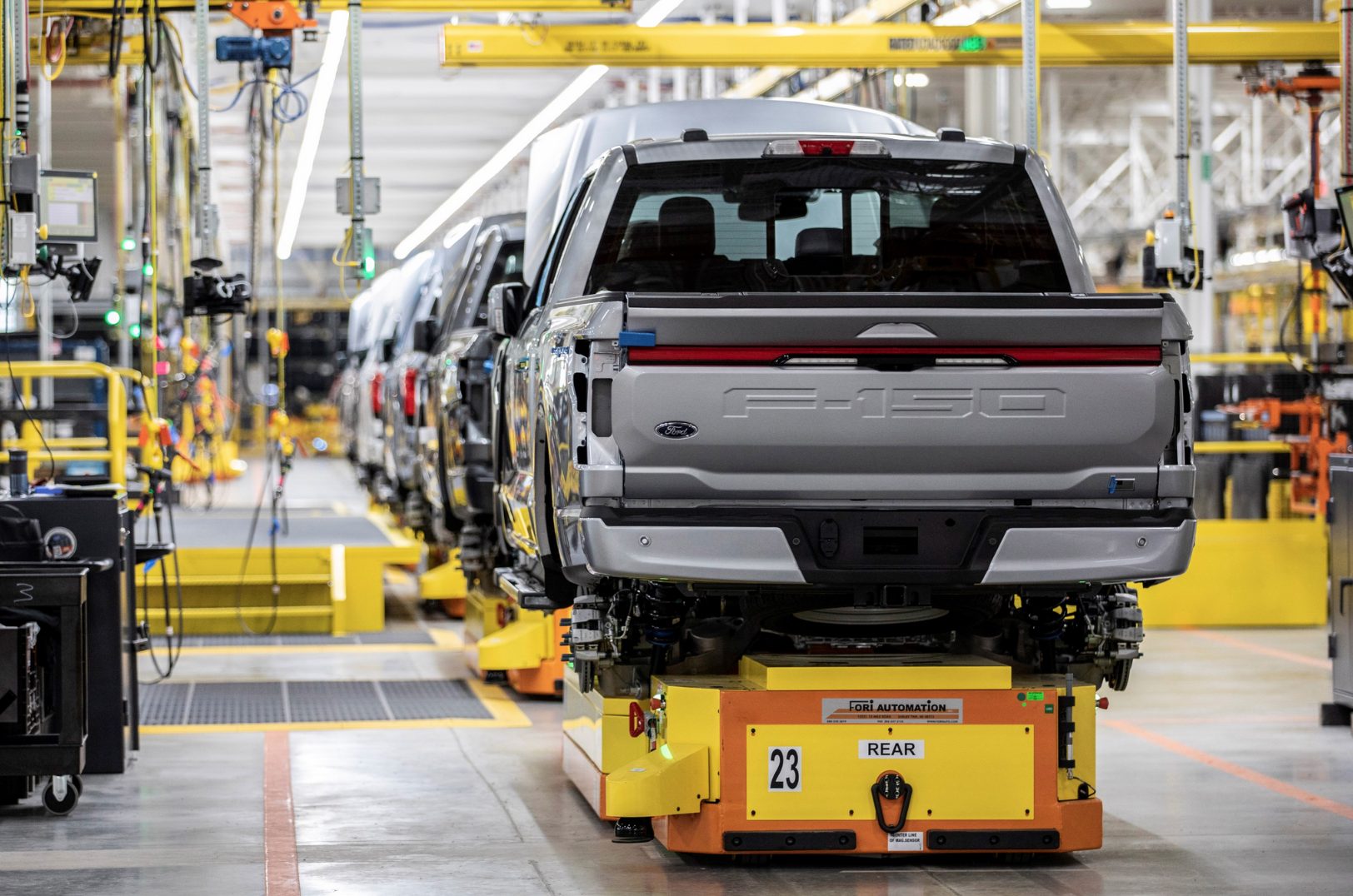
China’s BYD Has No U.S. Expansion Plans Yet, Delays Head-On with Tesla

Chinese electric vehicle manufacturer BYD has no immediate plans to enter the US passenger car market, according to founder Wang Chuanfu. This decision dampens expectations of the company, which is backed by Warren Buffett, challenging Tesla on its home turf for the time being, reports Bloomberg.
BYD reported Q4 profit of $1.06 billion (7.3 billion yuan), up from $87.4 million (602 million yuan) compared to a year ago, a staggering 1,100% return.
Gross margins for BYD increased to 20.3%, up from 3.7% from a year ago. For 2022, BYD delivered 1.86 million “new-energy vehicles”, consisting of both electric and plug-in hybrids in China, taking almost 30% of all new-energy car sales in the nation.
In a post-earnings briefing on Wednesday, Wang revealed that BYD’s primary focus remains on the Chinese market, which has entered a “full-expansion phase” for new-energy vehicles. The US, as the next biggest EV market after China, has experienced a price war among BYD, Tesla, and other EV manufacturers.
However, BYD has been extending its global reach, entering markets like Norway, Denmark, the UK, Thailand, and Australia. Wang predicts that the growth of clean-energy vehicles will trigger a reorganization within the global auto industry.
With BYD refraining from entering the US passenger EV market for now, Wang does not anticipate any impact from President Joe Biden’s Inflation Reduction Act. The legislation offers generous incentives for EV sales but imposes strict requirements on manufacturing and supply-chain sourcing. The final details of the act, which was signed into law last year, are set to be released on Friday.
In 2022, BYD sold 1.86 million electric and plug-in hybrids, more than the combined total of the previous four years. The company accounted for approximately 30% of all new-energy vehicle sales in China, with half of them being battery-only EVs.
While BYD car sales are impressive in China, it remains to be seen how its vehicles would be received by consumers in the United States, compared to traditional legacy automakers and EV leader Tesla.
In contrast, Tesla delivered 1.31 million EVs globally. Last year, BYD ceased production of cars powered entirely by fossil fuels.

